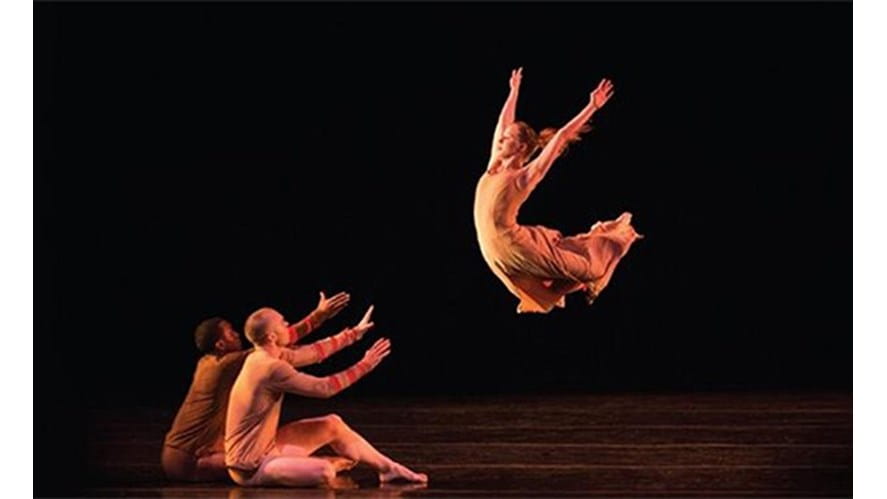We use cookies to improve your online experiences. To learn more and choose your cookies options, please refer to our cookie policy.

When one hears the term baroque, the image of chubby cherubs fluttering around stucco statues of saints in religious buildings dating from the 17th century often comes to mind. Baroque, as taught in the academies, remains forever the epitome of bad taste in the face of the elegance and purity of classicism.
Is it that simple? A famous acrostic in Act II, Scene 3 of Horace suggests that Corneille is distancing himself from his eponymous character when the latter defends the abandonment of all sentiment in the face of state duty. In Le Cid, Corneille had already defied the rules of the Academy, as if, coming from the Baroque period where he had shown all his virtuosity with L'Illusion comique, he could not bring himself to confine life within an agreed-upon and extremely standardized framework. In the Baroque theatre, we are closer to Shakespeare, and there is a mixture of comedy and often farce, tragedy and the spectacular, mystery and even fantasy, love and death. Complex 'machinery' (today we would say special effects) fascinates the audience and the aim is not to be realistic but to educate while entertaining.
The same applies to music. After decades of instrumental assimilation and reductive interpretations, musicians passionate about old instruments have rediscovered the Baroque style and given it back its energy and vitality. Karajan was a great conductor, but what a difference between his interpretation of Vivaldi's Four Seasons and that of Fabio Biondi and his ensemble Europa Galante or the Concerto Köln!
Life is not a long quiet river, and it would be a serious mistake to try to channel all the energies that meet it. In his book on the glaciation of thought, published in the mid-1980s, Jean-Paul Aron denounced the "moderns" as the new (ridiculous) "precious" of our time. If we love life and its turbulence, let us be baroque and not allow ourselves to be seduced by the sirens of a neo-classicism which, under the guise of novelty and progress, resumes the good old methods of academicism to control and censor what goes beyond a uniform framework. Such an approach is deadly.
To live is to vibrate, to be indignant, to follow one's impulse, to never give up on tasting the intensity of the moment. To live is to refuse the immobility of statues and the sterility of these fashionable discourses which, by sometimes profoundly changing the meaning of words, seek to impose a single thought, whereas life is diversity. The Baroque understood this.
Roland Lomenech
Academic Director